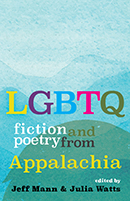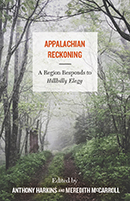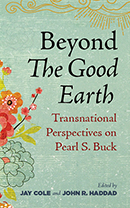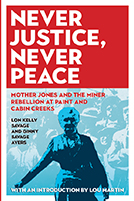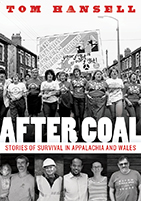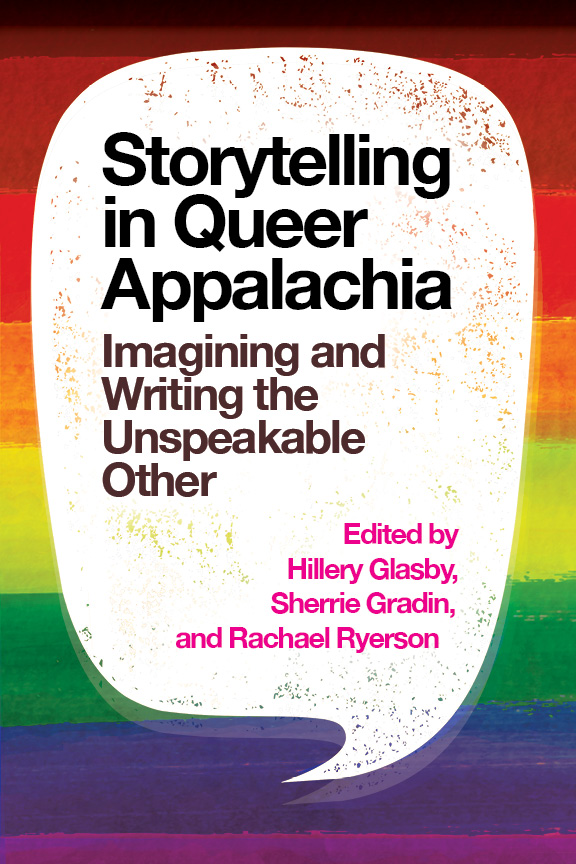
Edited by Hillery Glasby, Sherrie Gradin, and Rachael Ryerson
Available now!
July 2020
228pp
PB 978-1-949199-48-2
$29.99
CL 978-1-949199-47-5
$99.99
eBook 978-1-949199-49-9
$29.99
Storytelling in Queer Appalachia
Imagining and Writing the Unspeakable Other
Summary
In one of the first collections of scholarship at the intersection of LGBTQ studies and Appalachian studies, voices from the region’s valleys, hollers, mountains, and campuses blend personal stories with scholarly and creative examinations of living and surviving as queers in Appalachia. The essayists collected in Storytelling in Queer Appalachia are academics, social workers, riot grrrl activists, teachers, students, practitioners, scholars of divinity, and boundary crossers, all imagining how to make legible the unspeakable other of Appalachian queerness.
Focusing especially on disciplinary approaches from rhetoric and composition, the volume explores sexual identities in rural places, community and individual meaning-making among the Appalachian diaspora, the storytelling infrastructure of queer Appalachia, and the role of the metronormative in discourses of difference. Storytelling in Queer Appalachia affirms queer people, fights for queer visibility over queer erasure, seeks intersectional understanding, and imagines radically embodied queer selves through social media
Contents
Introduction
Part I: The Heart Over the Head: Queer-affirming Epistles and Queer-phobic Challenges
Part II: Queer Diaspora: Existence and Erasure in Appalachia
Part III: Both/And: Intersectional Understandings of Appalachian Queers
Part IV: Queer Media: Radical Acts of Embodiment and Resistance
List of Contributors
Index
Author
Hillery Glasby is an assistant professor in the writing, rhetoric, and American cultures department and a faculty fellow for the Center for Gender in Global Context at Michigan State University.
Sherrie Gradin is a professor of English at Ohio University.
Rachael Ryerson is the director of composition and a lecturer at Ohio University.
Reviews
“Storytelling in Queer Appalachia offers us a beautifully disruptive way to rethink our understandings of a singular Appalachia—as a place, as a people, as an ideology. These insightful chapters approach queerness-in-place through a host of engaging lenses and frameworks.”
William P. Banks, coeditor of Approaches to Teaching LGBT Literature








